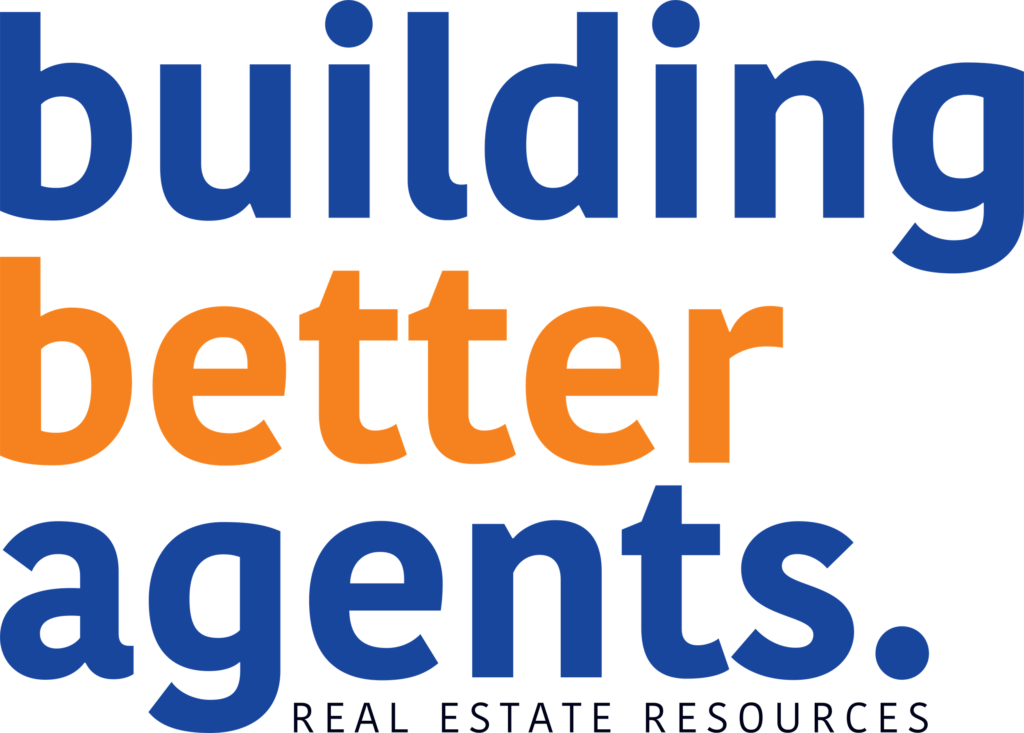
One of the most important questions you will ask when you start to think about getting a real estate license in Florida is what education you need to get started. This article will explain how much education is necessary before you can get a license. It will also discuss the time commitment and how to get the best out of your education. We will also discuss the most important courses and what prices you can expect.
Pre-licensing Education
Before you can start practicing real estate in Florida, you need to complete some pre-licensing education. Before you can apply to get a license, you must have completed at least 63 hours in pre-licensing training. Courses should cover law, principles, real-estate practice, and math. Some courses can cost between $100 and $500. The minimum passing score required to be licensed in Florida is 70 percent. Attorneys are not required to take any prelicensing course. Instead, they can sit for a sales associate exam without having to obtain a pre-license.

Online or in-person pre-licensing education can be obtained for real property in Florida. Many of these courses offer self-paced learning and practice exams. Other courses offer a range of study aids such as practice exams and books. No matter what your choice is, it's important to meet the state's pre-licensing requirements. There are many online programs that offer pre-licensing education and are free.
Cost of pre-licensing education
Pre-licensing education can cost anywhere from $100 to $1,000, depending on which state you are in. There are many reasons why this is so, but the most common reason is that creating real estate courses requires a lot more time and effort. These courses must be produced by companies. They must pay staff to maintain the content current and meet state legal requirements. Although some brokerages and title companies offer free continuing education courses, these are generally not free because they're longer and more comprehensive than other courses.
No matter which part of Florida you live in, it is worth every dollar to pay for pre-licensing training in order to obtain a Florida real estate license. A Florida real estate exam consists of 100 multiple-choice questions and the passing score is 75%. There are 45 questions that examine real estate law principles and 10 questions which test your mathematical knowledge. If you study diligently, you can expect a 75% score or higher.
Time required to complete pre-licensing education
An individual must be at least eighteen years of age and have passed a background check to get a Florida real estate license. They must complete at minimum 90 hours of prelicensing education. They must have a good moral character and must disclose any criminal convictions. If they are convicted of any felony, they won't be considered for a licensed real estate agent. Fingerprint clearance is required. The Broker must approve them online and they must complete continuing education requirements.

The applicant must be at the least 18 years of age and have a United States social security number. In addition to this, applicants must have a high school diploma. Real estate education is not necessary in Florida. However, having the right foundation can help you learn the ropes. Florida recognizes licenses issued by a few states such as Arkansas, Georgia Georgia, Illinois, Arkansas and Arkansas. Applicants are eligible to get a license in Florida if they have a real estate license from any of these states. Candidates from Arkansas and Connecticut, Georgia, Illinois, or Connecticut will also need to pass the state exam.
FAQ
What should I look for when choosing a mortgage broker
A mortgage broker helps people who don't qualify for traditional mortgages. They shop around for the best deal and compare rates from various lenders. This service may be charged by some brokers. Others provide free services.
How do I calculate my rate of interest?
Market conditions impact the rates of interest. The average interest rate during the last week was 4.39%. Divide the length of your loan by the interest rates to calculate your interest rate. For example, if $200,000 is borrowed over 20 years at 5%/year, the interest rate will be 0.05x20 1%. That's ten basis points.
Is it possible to sell a house fast?
It may be possible to quickly sell your house if you are moving out of your current home in the next few months. Before you sell your house, however, there are a few things that you should remember. First, you will need to find a buyer. Second, you will need to negotiate a deal. Second, you need to prepare your house for sale. Third, advertise your property. Finally, you should accept any offers made to your property.
Statistics
- Private mortgage insurance may be required for conventional loans when the borrower puts less than 20% down.4 FHA loans are mortgage loans issued by private lenders and backed by the federal government. (investopedia.com)
- Some experts hypothesize that rates will hit five percent by the second half of 2018, but there has been no official confirmation one way or the other. (fortunebuilders.com)
- This seems to be a more popular trend as the U.S. Census Bureau reports the homeownership rate was around 65% last year. (fortunebuilders.com)
- Based on your credit scores and other financial details, your lender offers you a 3.5% interest rate on loan. (investopedia.com)
- This means that all of your housing-related expenses each month do not exceed 43% of your monthly income. (fortunebuilders.com)
External Links
How To
How do you find an apartment?
When moving to a new area, the first step is finding an apartment. Planning and research are necessary for this process. It involves research and planning, as well as researching neighborhoods and reading reviews. You have many options. Some are more difficult than others. Before renting an apartment, you should consider the following steps.
-
Data can be collected offline or online for research into neighborhoods. Online resources include Yelp. Zillow. Trulia. Realtor.com. Local newspapers, landlords or friends of neighbors are some other offline sources.
-
You can read reviews about the neighborhood you'd like to live. Yelp. TripAdvisor. Amazon.com all have detailed reviews on houses and apartments. You might also be able to read local newspaper articles or visit your local library.
-
Make phone calls to get additional information about the area and talk to people who have lived there. Ask them about their experiences with the area. Ask if they have any suggestions for great places to live.
-
Be aware of the rent rates in the areas where you are most interested. If you are concerned about how much you will spend on food, you might want to rent somewhere cheaper. However, if you intend to spend a lot of money on entertainment then it might be worth considering living in a more costly location.
-
Learn more about the apartment community you are interested in. Is it large? How much does it cost? Is the facility pet-friendly? What amenities are there? Can you park near it or do you need to have parking? Are there any special rules that apply to tenants?